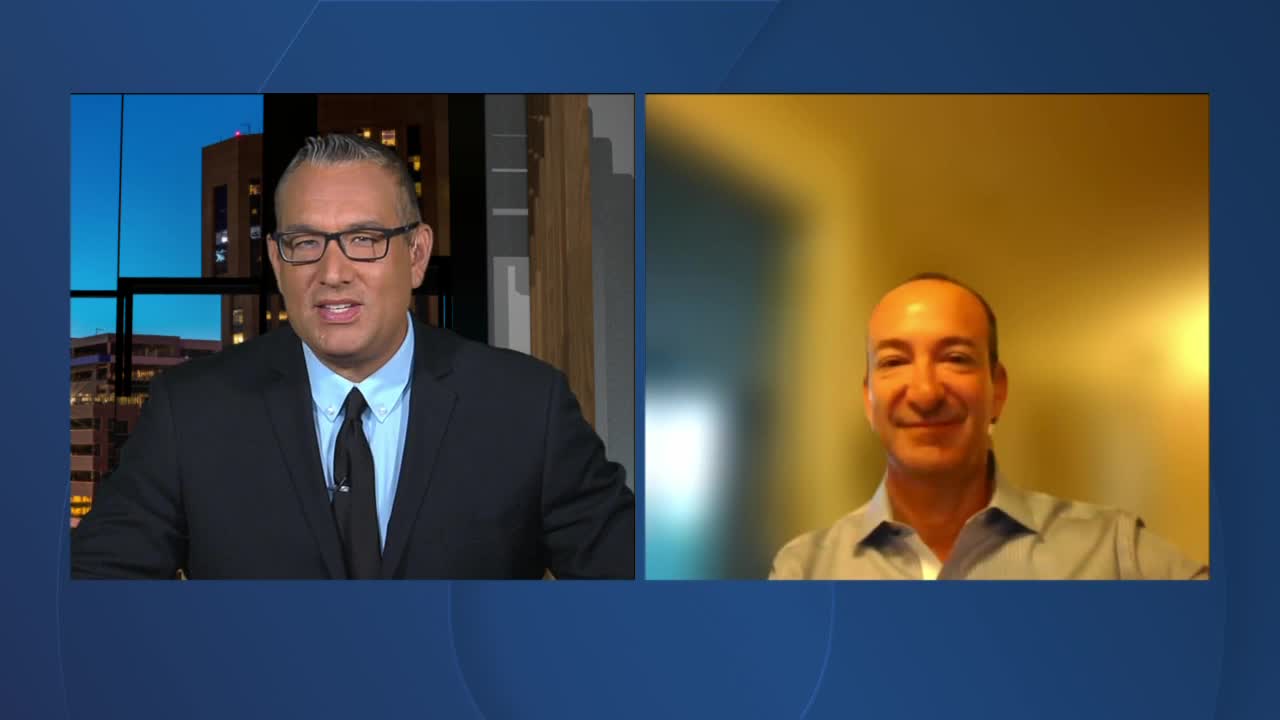Temperatures are still high, and with wildfire smoke in the air, being outside can be a bit challenging right now. So how does air quality impact our way of living? We spoke with Regence Executive Medical Director Dr. Daniel Meltzer about the topic on August 24.
Why is it so important to pay attention to the air we breathe?
"This time of year is hotter and it's drier. Because of that, the pollutants in the air increase and there are two kinds of pollutants," said Meltzer. "We have ozone, which gets admitted from things like our cars and it reacts actually with the heat and the sunlight. And then there's a particular matter like we've been talking about from wildfire smoke and even other things like aerosols that also get worse with the fire and heat. We need to be careful, particularly those that have underlying lung conditions."
What kinds of health risks come from air pollutants?
"It can cause coughing, it can cause difficulty breathing and it can make our lungs even more susceptible to infection," said Meltzer. "People that have underlying lung diseases, like asthma, for example, can exacerbate or worsen their asthma. Even over time, it can increase the risk of premature heart or even lung disease or death."
Are masks helpful if you're in a smoky area?
"Absolutely, as long as you have the right mask," said Meltzer. "It's the same thing we've been hearing with COVID; masks that are marked NIOSH, and they either have the N95 or P100 logo. Those absolutely can reduce exposure and you can find them in hardware stare stores or online. However, things like the bandanas or cloth masks, even if they're wet, do not filter out pollutants of concern, particularly in wildfire smoke."
What can we do to protect ourselves against smoke?
"If the weather conditions are difficult outside, we're seeing an increased either ozone or pollutants, try to stay indoors," said Meltzer.
- Choose less strenuous activities
- Reschedule activities to a different time of the day; things tend to be better in the morning
- Take breaks and spend less time in higher-congested areas. These areas include busy roads; if there's a park near a busy road, you want to avoid that because ozone layers tend to be increased in those kinds of areas
What are some warning signs someone might be affected by bad air quality?
- Coughing
- Difficulty breathing
- Shortness of breath
- Chest tightness and palpitations
- Increased fatigue
"It's likely that you've had an increased exposure to this bad air quality," said Meltzer. "It's also important for those with COVID and similar things to pay attention to those who are at an increased risk."
For more information, click here to see what the Idaho Department of Environmental Quality has to say about Idaho's air quality.



